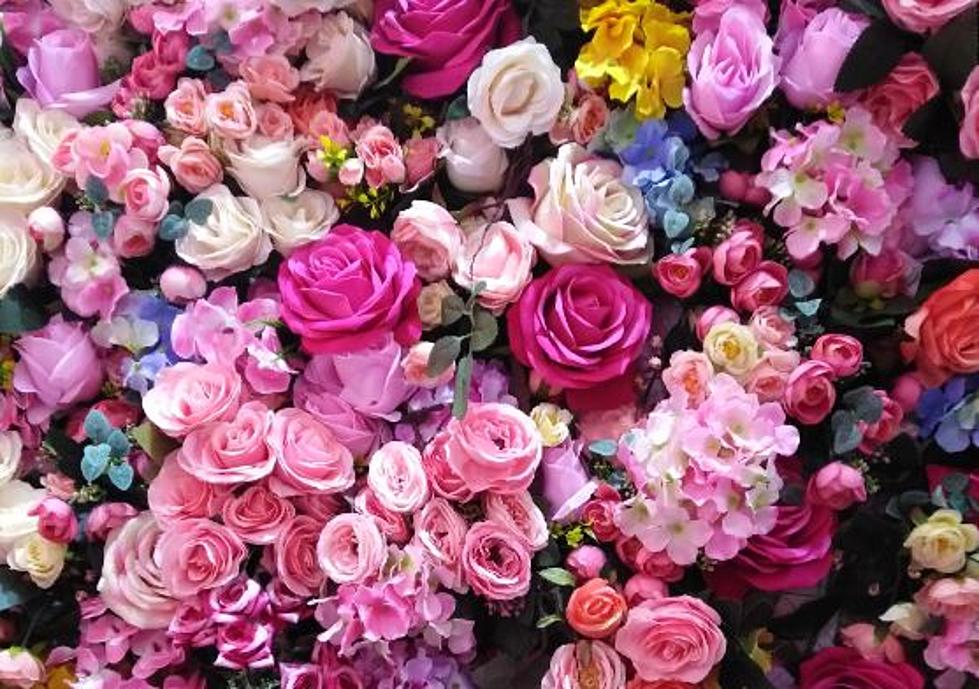
The Origin of the ‘Roses Are Red’ Poem
We all know the first two lines. It's the last two lines that either endear us to the one we love or make sure that we are eligible to get free chicken wings at Hooters on Valentine's Day.
This sweet and simple poem conjures up romantic images of flowers and beauty. It also gives the writer a chance to express himself or herself in a most memorable way. Writing a poem always makes it seem like you really took the time to think about the one you cherish. It doesn't matter if you stole it off the internet, chances are they won't ever know if you clear your browser history.
The poem, like you need to be told, starts off like this:
Roses are red, Violets are blue,
Whatever comes next, depends on you. Did you see what I did there?
Where did that poem come from? It has to have been around for a long time for it to be so commonplace in our romantic psyche. The fact is, it has been around since the late 1500s.
Some attribute the poem to Sir Edmund Spenser. Similar lines of the poem as we know it was penned in his book entitled The Faerie Queene.
She bath'd her brest, the boyling heat t'allay;She bath'd with roses red, and violets blew,And all the sweetest flowres, that in the forrest grew.
However, a version of the roses and violets rhyme that most of us are familiar with is attributed to Gammer Gurton's Garland 1784 collection of English Nursery Rhymes.
The rose is red, the violet's blue,The honey's sweet, and so are you.Thou are my love and I am thine;I drew thee to my Valentine:
And now you know the rest of the story on a poem that will be repeated and rewritten often over the next few days. If you'd like to create your own version of this Valentine's classic, here are some suggestions and words you might use to make your original poem stand out for the one that you love.
Here is my own version of the popular poem. Feel free to use it for your own romantic enjoyment.
Roses are red, Violets are blue,
There is a spider on these flowers, please had me your shoe.
More From 97.3 The Dawg

![Crack Pipe For Valentines Day – Listener Tells The Story Of Romance Gone Wrong [Audio]](http://townsquare.media/site/33/files/2011/02/valentines.jpg?w=980&q=75)






![Scottish Man Reads Lyrics to Travis Matte’s ‘Mardi Gras Parade’ [Video]](http://townsquare.media/site/33/files/2016/02/Scottish-Mardi-Gras.jpg?w=980&q=75)
